

More in Articles
-


Articles
Smart #2 Begins to Take Digital Form as the ForTwo’s Successor
Do you remember the Smart ForTwo, the brand’s once-ubiquitous city car? Of course you do —...
-
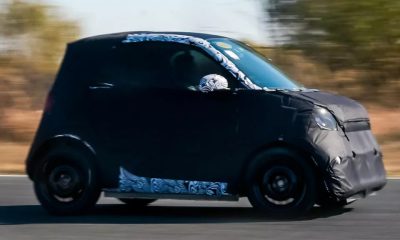

Articles
Smart Prepares the #2 as a New Take on the Modern City Car
The original Smart brand was shaped by the ForTwo, but that chapter came to an end...
-


Articles
Senda Is a Compact, Jeep-Inspired Cargo EV Built To Reach Remote, Roadless Communities
As electric motors and battery packs become more accessible, an increasing number of experimental vehicle concepts...
-
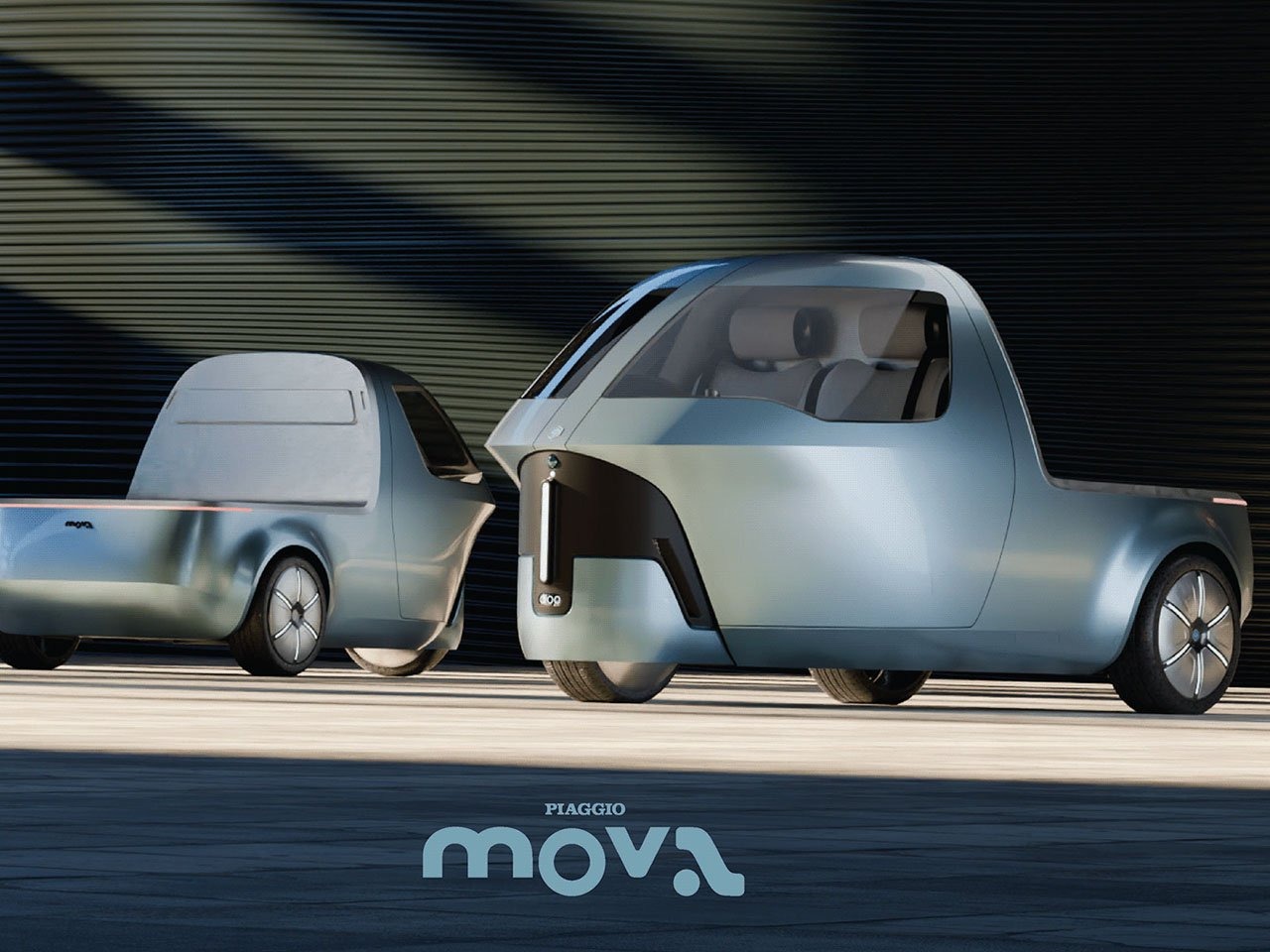

Articles
Mova — what a modern successor to the Piaggio truck could be like
In crowded cities, making deliveries has become increasingly challenging. Narrow streets, congested bike lanes, and restricted...
-
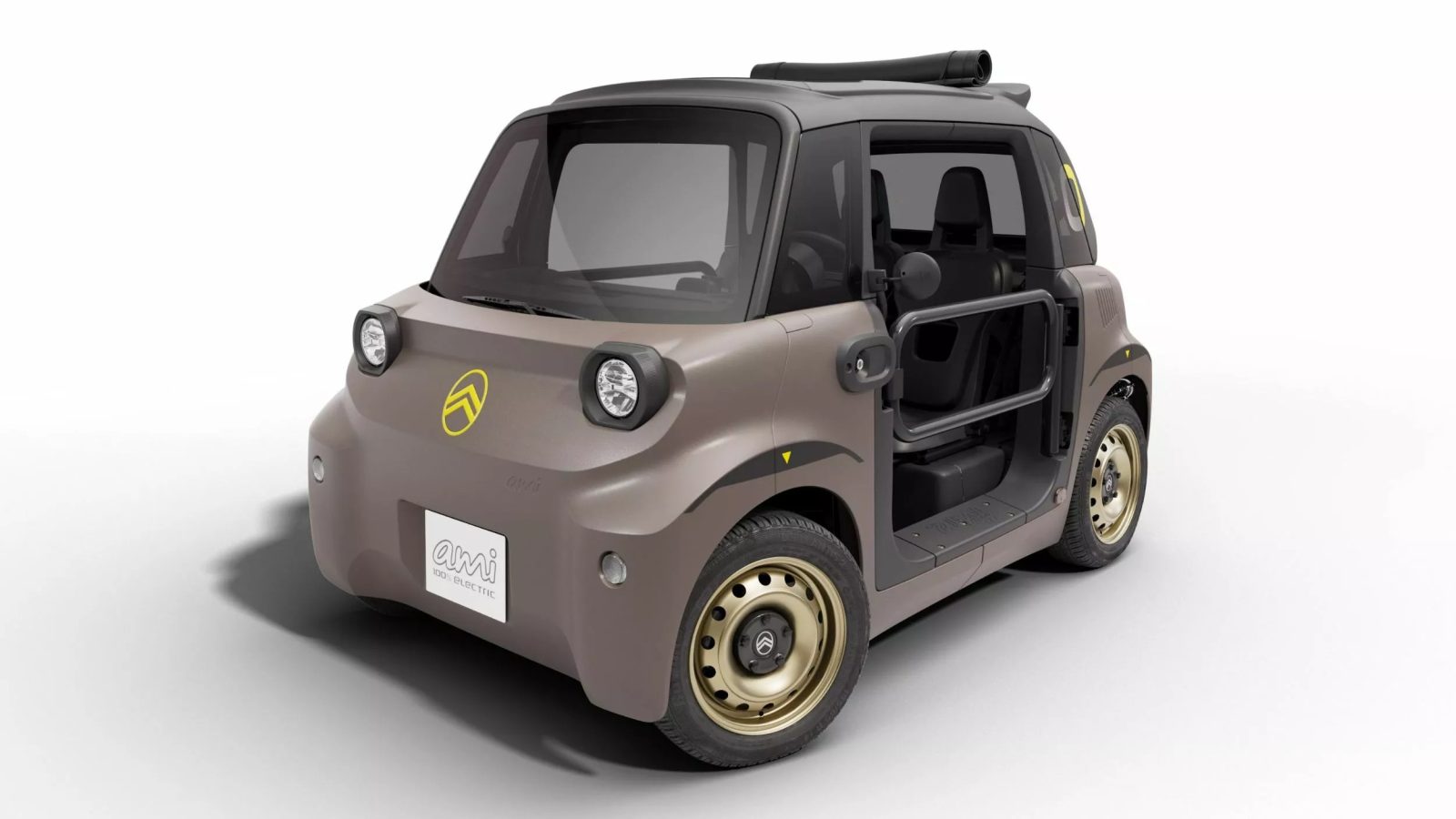

Articles
Citroën has updated the beach Ami Buggy
Citroën has revealed the refreshed Ami Buggy — an open-air, beach-ready version of its compact electric...

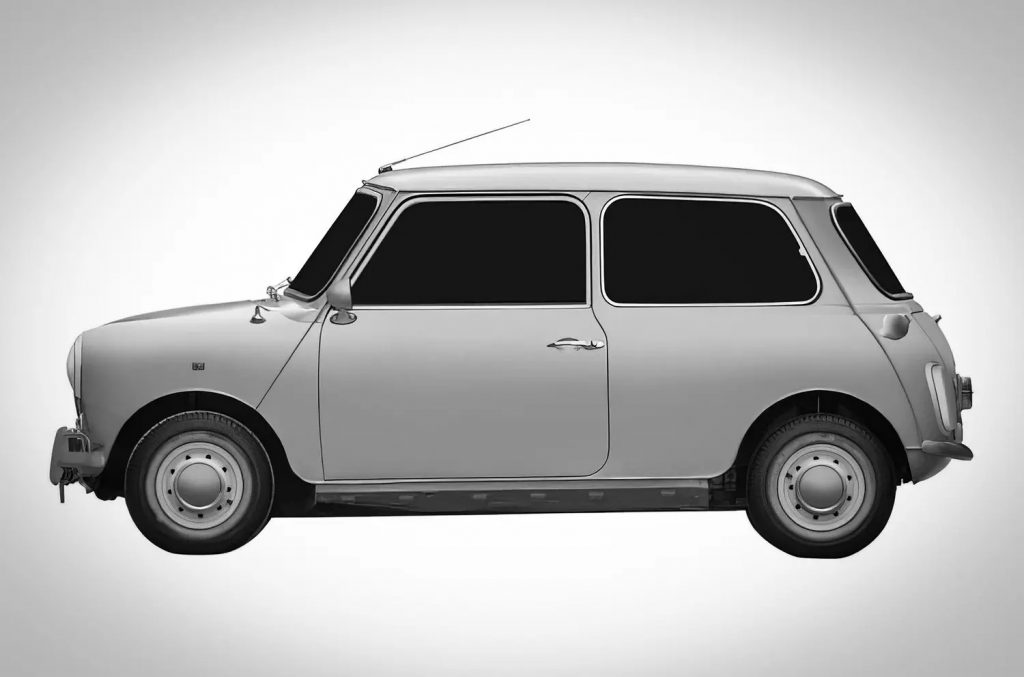
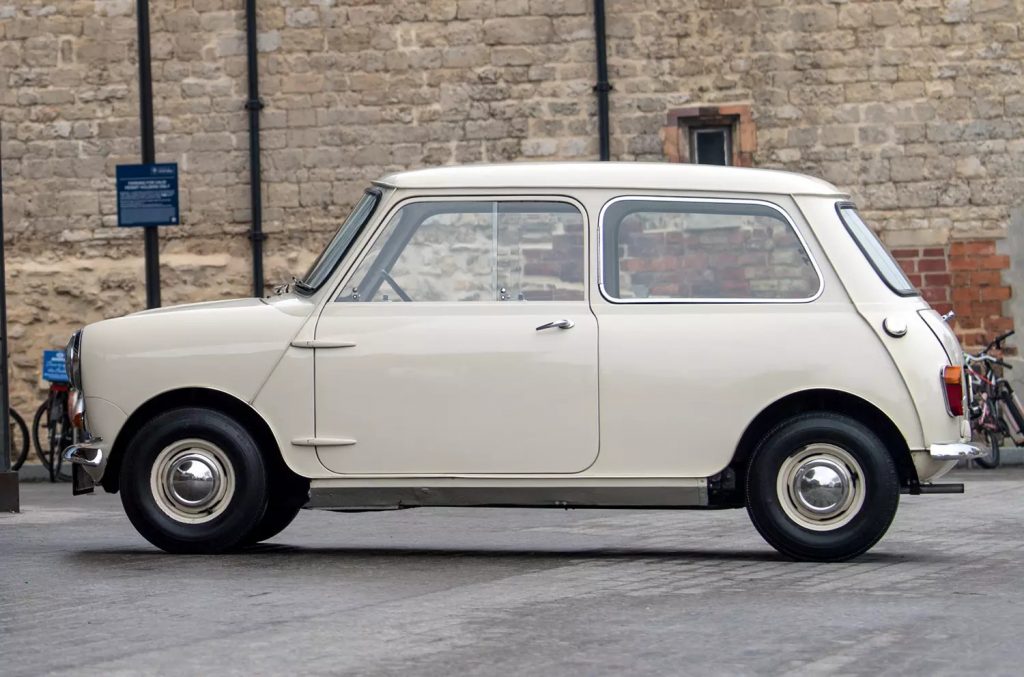

You must be logged in to post a comment Login